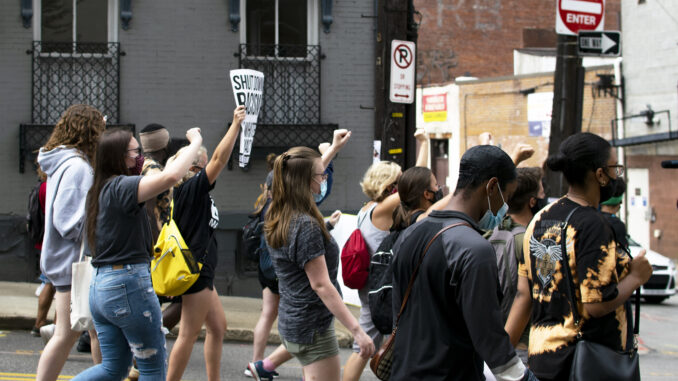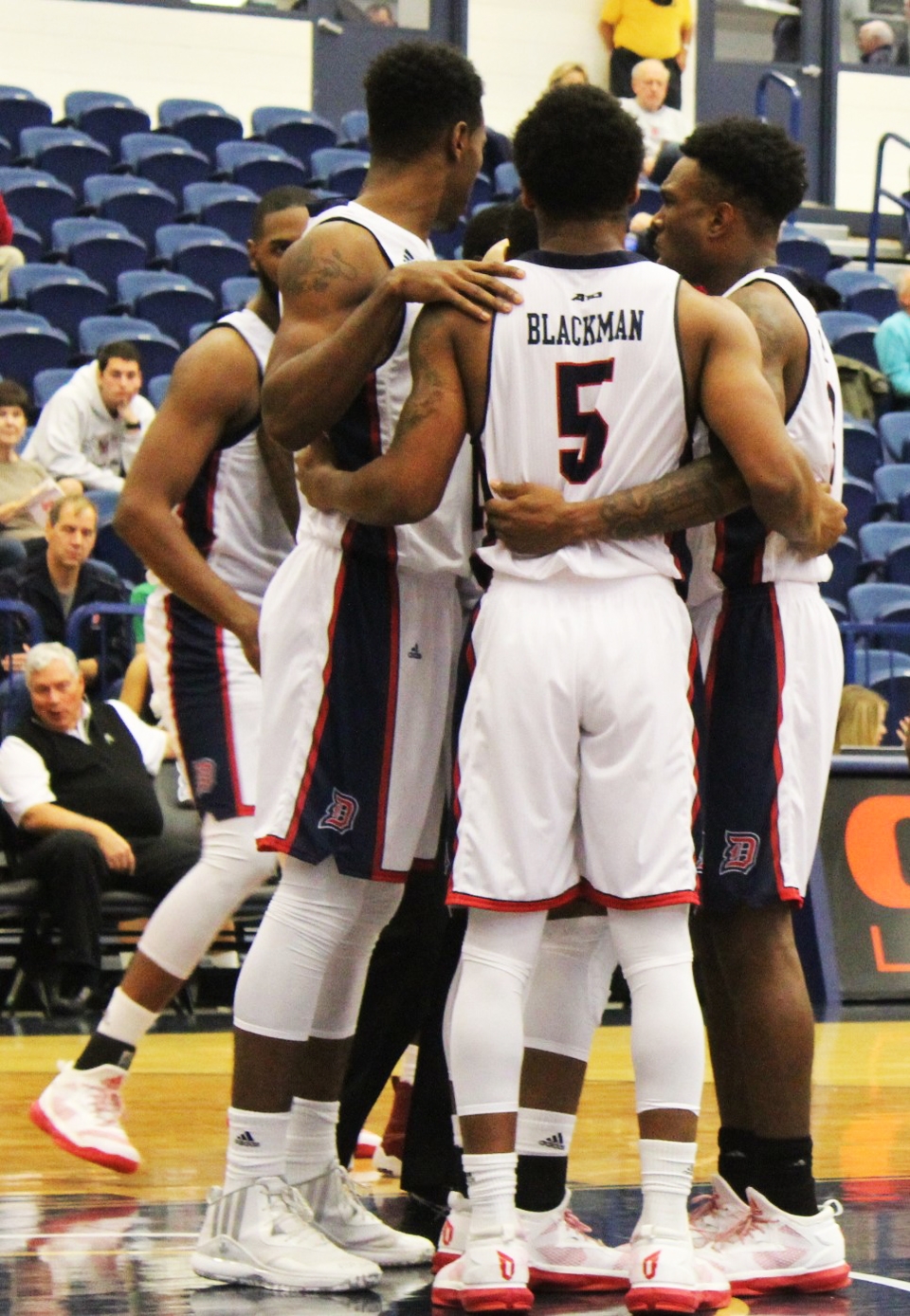
09/17/2020
Alexander Wolfe | Staff Columnist
Last week was undeniably challenging for the university administration. For the first time in years, if you type “Duquesne” into Google, you’ll find coverage from mainstream national media outlets. However, coverage on the two statements released by Duquesne at 4 p.m. Friday and noon on Saturday is hard to come by.
The university first released a callous anonymous statement directly to all students decrying a peaceful protest that took place on campus. Moments later, footage on Twitter surfaced of an education professor giving students permission to use a racial slur in class, prompting Duquesne to release a second statement the following day.
Unsurprisingly, neither of these statements are visible on the Duquesne website.
Duquesne explained in its statement Friday afternoon that the protests “disrupted classes and the work of students these protesters claim to value.” As Duquesne students, the true disruption has come from our concerns about the university’s ability to maintain a welcoming environment for its students.
We are more distracted by the performative measures the university takes to “abide by guidelines” or “protect our community” than 90 minutes of marching and speeches.
Hearing the bell chime atop Old Main is a quarterly reminder of the administration’s distorted approach to racial justice and student engagement.
The anonymous statement ignores the history of civil disobedience, and specifically trespassing, as a form of non-violent protest in order to raise attention for an issue. Rosa Parks, the Freedom Riders and the dozens of sit-ins that we learn about in our classes at Duquesne were all instrumental in the passage of the Civil Rights Acts of the 1960s.
Should it then come as a surprise to Duquesne that the students participating in the protest are following the words of the late Sen. John Lewis and getting into “good trouble, necessary trouble?”
The cowardice of the university on the issue is exemplified by the glaring lack of a signature on the statement. President Ken Gormley and vice president for student life Douglas Frizzell have regularly signed their names at the bottom of the statements released over the summer regarding protesters and COVID-19, but in the administration’s most recent statements, signatures are missing.
In his Letter from Birmingham Jail, Martin Luther King Jr. expressed disappointment toward those “more devoted to order than to justice; who prefers a negative peace which is the absence of tension to a positive peace which is the presence of justice; who constantly says, ‘I agree with you in the goal you seek, but I can’t agree with your methods of direct action.’”
Duquesne’s attempt to delegitimize the protest by attacking its peaceful methods is exactly the type of position that inspired King’s concerns. Duquesne’s statementhas forced students to reckon with the possibility that they are paying tuition to a university on the wrong side of the largest civil rights movement since MLK.
While the nation’s eyes turn toward our community, we hold an opportunity to stand as an example against racism, bigotry and more than anything else, unwelcomeness. We know that unambiguous racism, exhibited by the use of a racial slur, can be quickly extinguished with the heavy administrative hand.
Yet the lack of belonging felt by many students cannot be put on administrative leave or criticized in an anonymous email. In his June 1 statement on the Black Lives Matter protests, Gormley concluded by urging us all to “challenge ourselves as individuals — and as members of the Duquesne community — to serve the noble, pressing work of justice.”
It is now time for us to hold Gormley and the university administration accountable to the same challenge.




